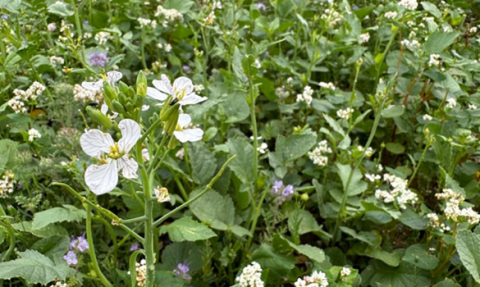Tuesday, 05 November 2024
10:30am - 2:30pm
Sprouston Village Hall , Sprouston, Kelso, Scottish Borders
TD5 8HW
This event will cover
- What are cover crops?
- Why grow them?
- How do you grow them in Scotland?
- Mixes or straights?
- Are the benefits real?
- How long will it take to see these benefits?
- Establishment and destruction options
Lunch and farm walk
Continue the discussions over a delicious lunch, and then walk it off as we go and look at some local cover crops with host farmer Graham Innes. During the walk, we will examine the rooting structure, put some of our earlier learnings to the test, and ask Graham about his experiences and why he grows them.
This event is free to attend with BASIS and NROSO points available. Lunch will be provided but registration is required for catering purposes. Please dress appropriately for the crop walk.
Sectors:
If you have any questions about this event, please contact us using the details below.



